Hunting: where two visions of nature clash
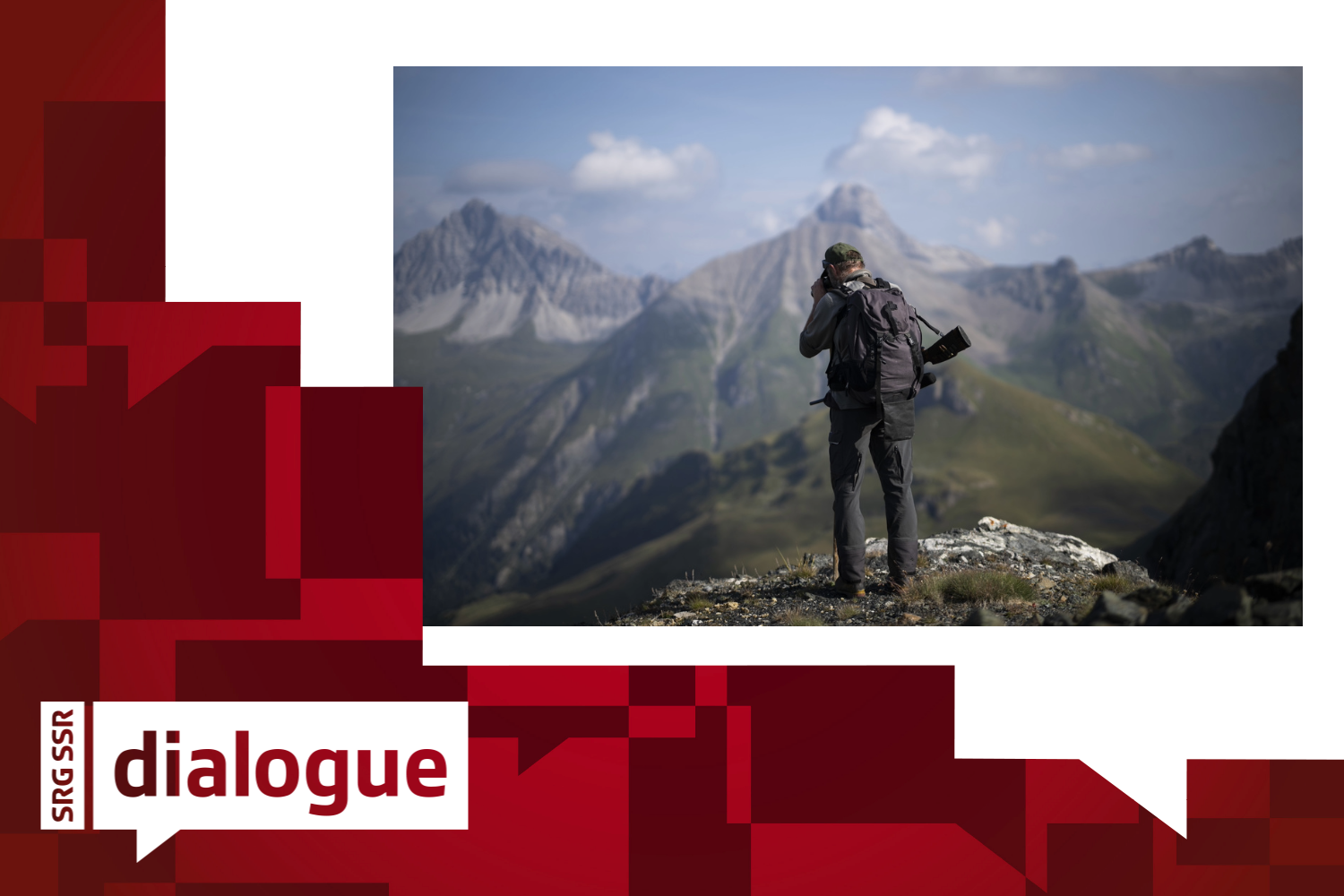
It’s the hunting season again in Switzerland. Hunting is a well-established tradition in rural and mountain regions in Switzerland, but it also sparks criticism. Recently, the growing wolf population and the issue of preventive culling have also put the spotlight on hunting, leaving opposing sides in apparently irreconcilable positions. Is hunting good for the environment? What is your opinion?
In September 2020, Swiss voters narrowly rejected a revision of the hunting law which would have allowed wolves to be shot before they caused any damage. But since December 2023 preventive culling of wolves has been authorised by the Swiss government, following the adoption of a new version of the law by parliament.
What are your views on this issue? Join the debate on “dialogue”, an offer by the Swiss Broadcasting Corporation (SBC), SWI swissinfo.ch’s parent company:
The paradox is that shooting a wolf is not necessarily that interesting for hunters. Shooting a wolf is first and foremost a service to farmers, hunter Martin Valär told Romansh-speaking Swiss television, RTR. Rather than wasting his time with the wolf, he would prefer to shoot a stag or a roe deer. “We are just looking for a good piece of meat,” he explains.
Watch the report from the mountains in canton Graubünden on RTR:
Is the beaver next?
The shift from reactive to proactive regulation is the Federal Council’s new strategy, led by the new head of the Federal Office for the Environment, Albert Rösti.
Like the wolf, the beaver could be culled in the future even before it does any damage. A proposal for a new hunting decree was sent out for consultation this spring.
The text has the backing of the Swiss Farmers’ Union but has been criticised by environmental groups. The WWF says such an approach is ineffective and fails to consider the importance for ecosystems of certain wild species. As a result, the Federal Council could amend the legislation. It is expected to come into force in February 2025.
Watch the programme on this issue by French-speaking Swiss public television, RTS:
Hunting wild boar in summer in canton Ticino
Some practices are less controversial, such as hunting wild boar. They thrive in many parts of Switzerland, causing damage to crops, and it is well accepted that wild boar populations need to be regulated.
Canton Ticino, which is home to large numbers, has authorised the shooting of wild boar in June and July for the past two years. In 2023, 1,100 animals were shot, and 1,300 this year. The problem still exists but these exceptional culls have helped improve the situation, explains Davide Cadenazzi, president of the Federation of Wine Producers of Italian-speaking Switzerland.
Watch the report by Italian-speaking Swiss public television, RSI:
Swiss initiatives for more sustainable hunting
Up to now, the meat of the dead animals was the only part consumed, whereas the rest ended up as waste or was incinerated. But in the face of criticism, hunting fans have stepped up efforts to make the practice more sustainable.
A small Swiss company is using the skins and other by-products of game animals to make fashion accessories such as shoes, leather bags and belts – even buttons made from hooves. The idea has been well received by hunters and butchers.
Watch the report on German-speaking Swiss public television, SRF:
The tradition of hunting
In canton Graubünden, as in other parts of the country, hunting is as much a necessity as a tradition. In mountain areas, wildlife is abundant and regulating the herds of deer, chamois and ibex requires a major human investment. This passion brings people of all ages together and leads to all kind of hunting stories.
What happens when two hunters appear to have shot the same chamois? Watch this report by Romansh-speaking Swiss public radio, RTR:
What is Swiss identity? Answer the following questions and compare your views with people living in Switzerland and the Swiss Abroad:
Adapted from French by Claire Micallef/sb

In compliance with the JTI standards
More: SWI swissinfo.ch certified by the Journalism Trust Initiative
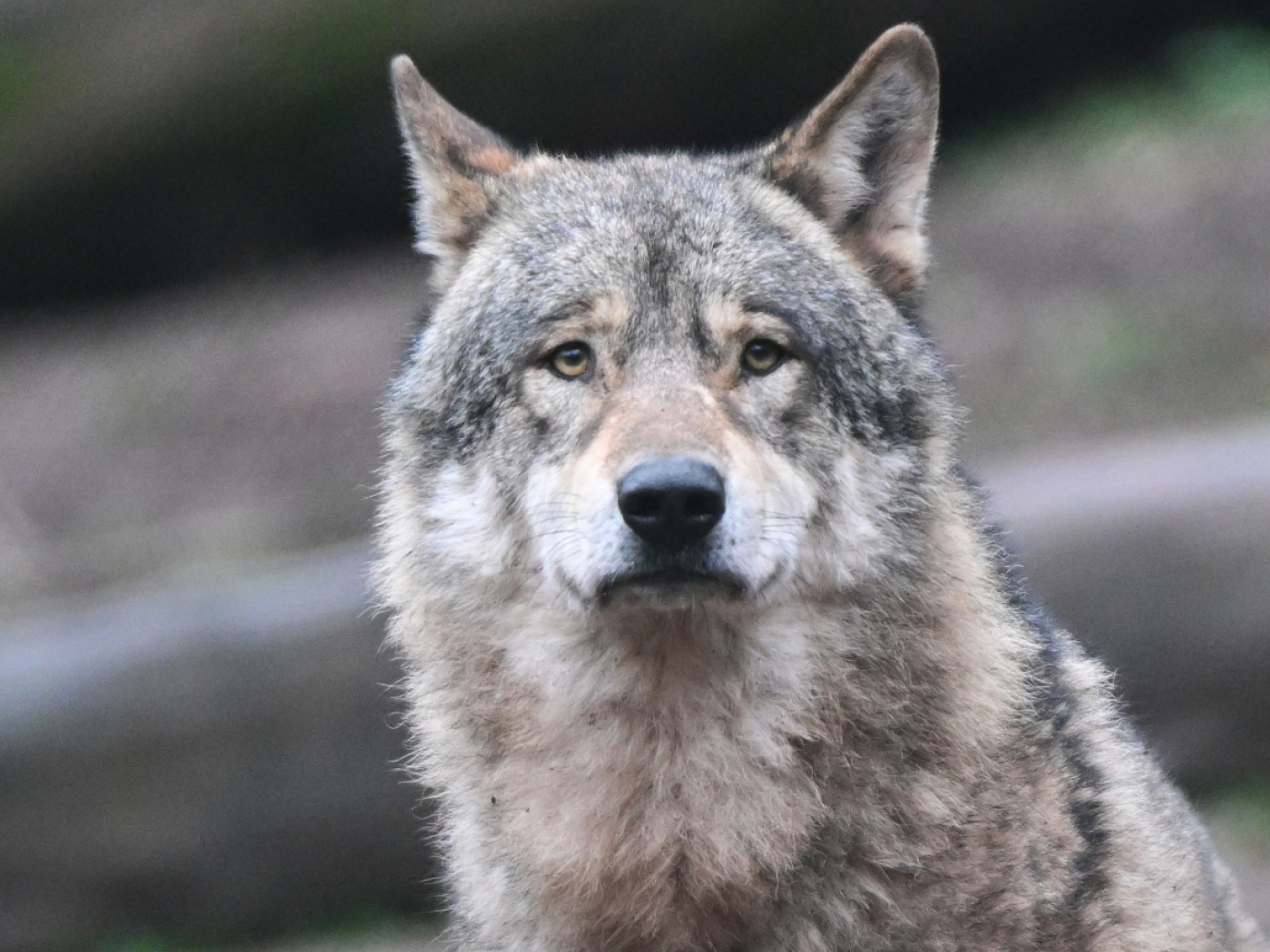

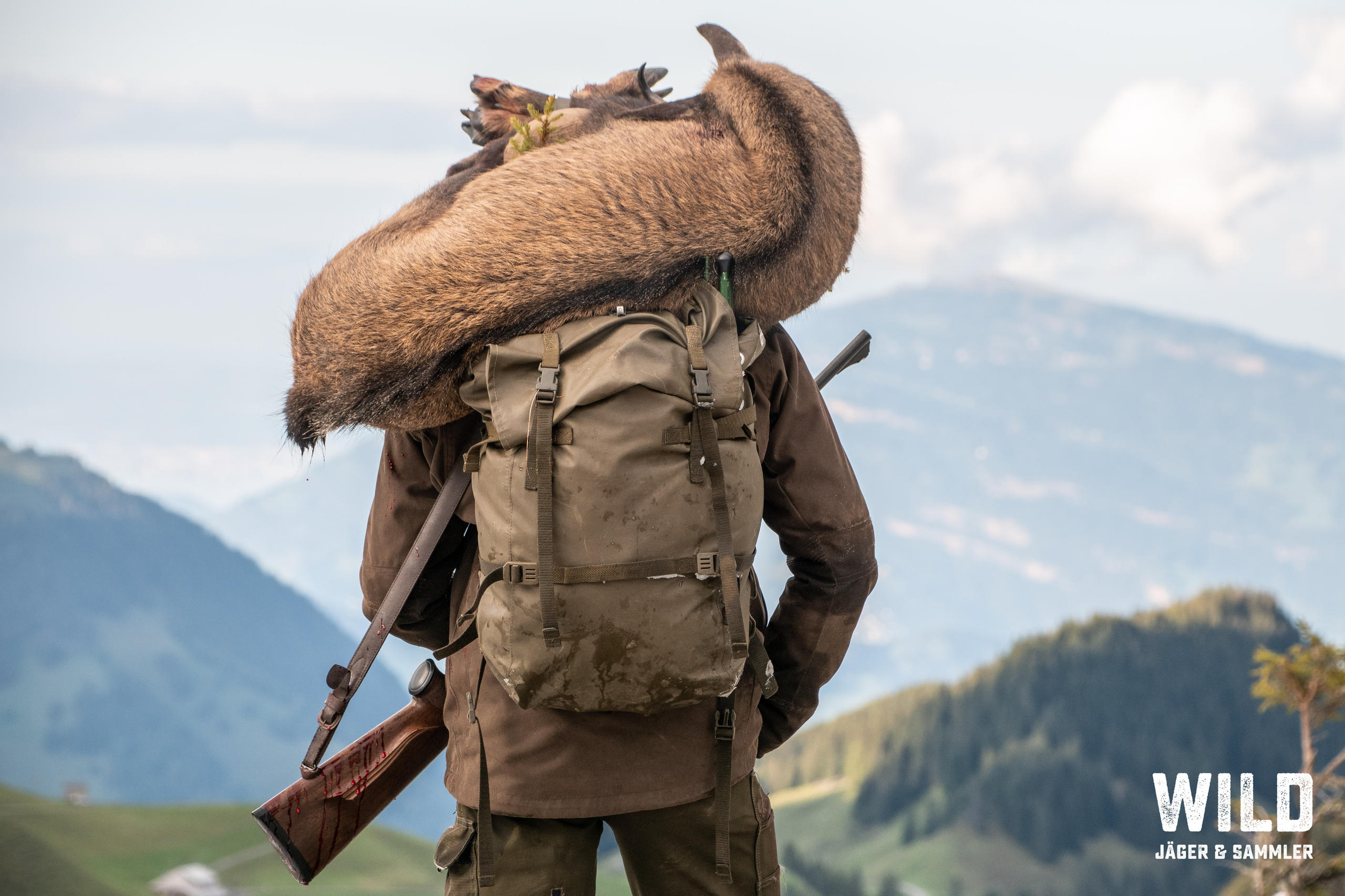
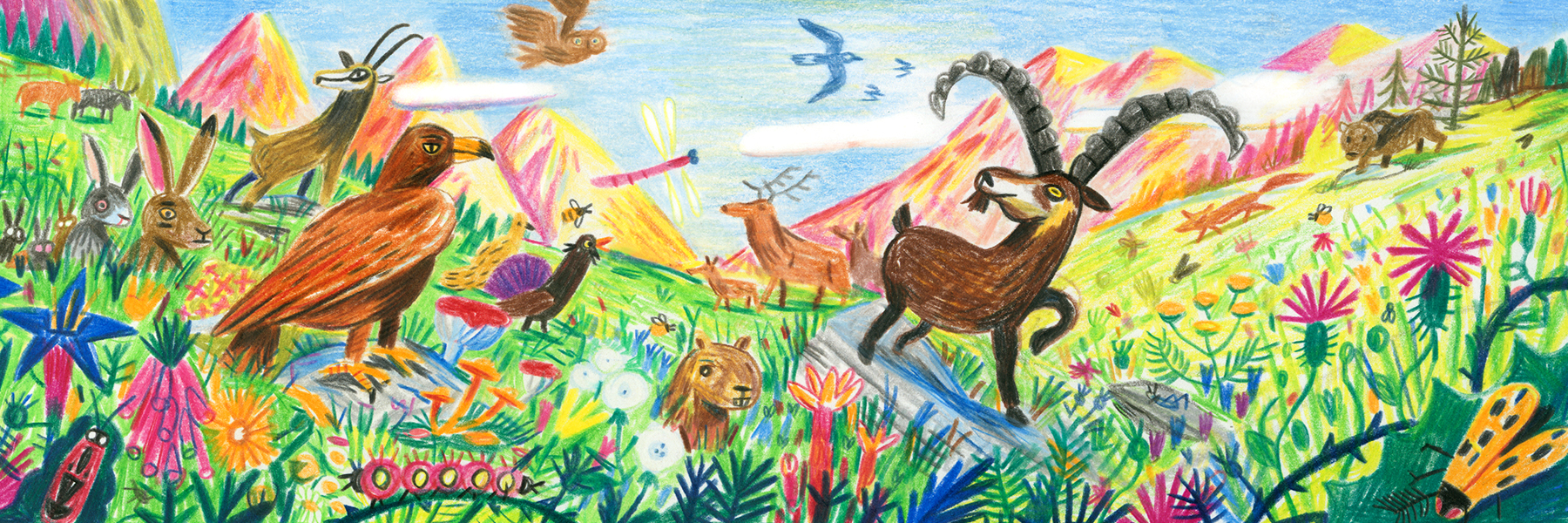
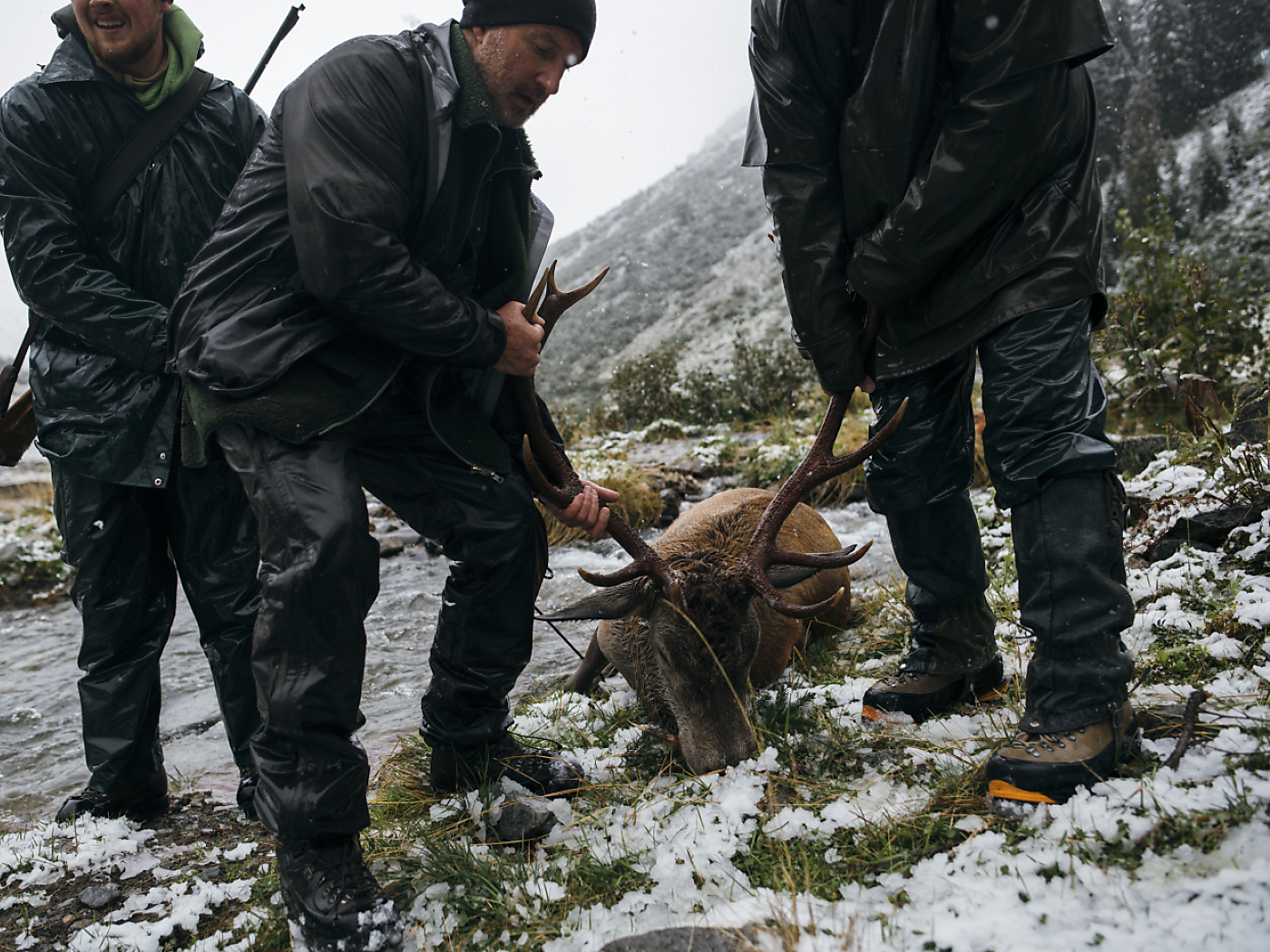
You can find an overview of ongoing debates with our journalists here . Please join us!
If you want to start a conversation about a topic raised in this article or want to report factual errors, email us at english@swissinfo.ch.